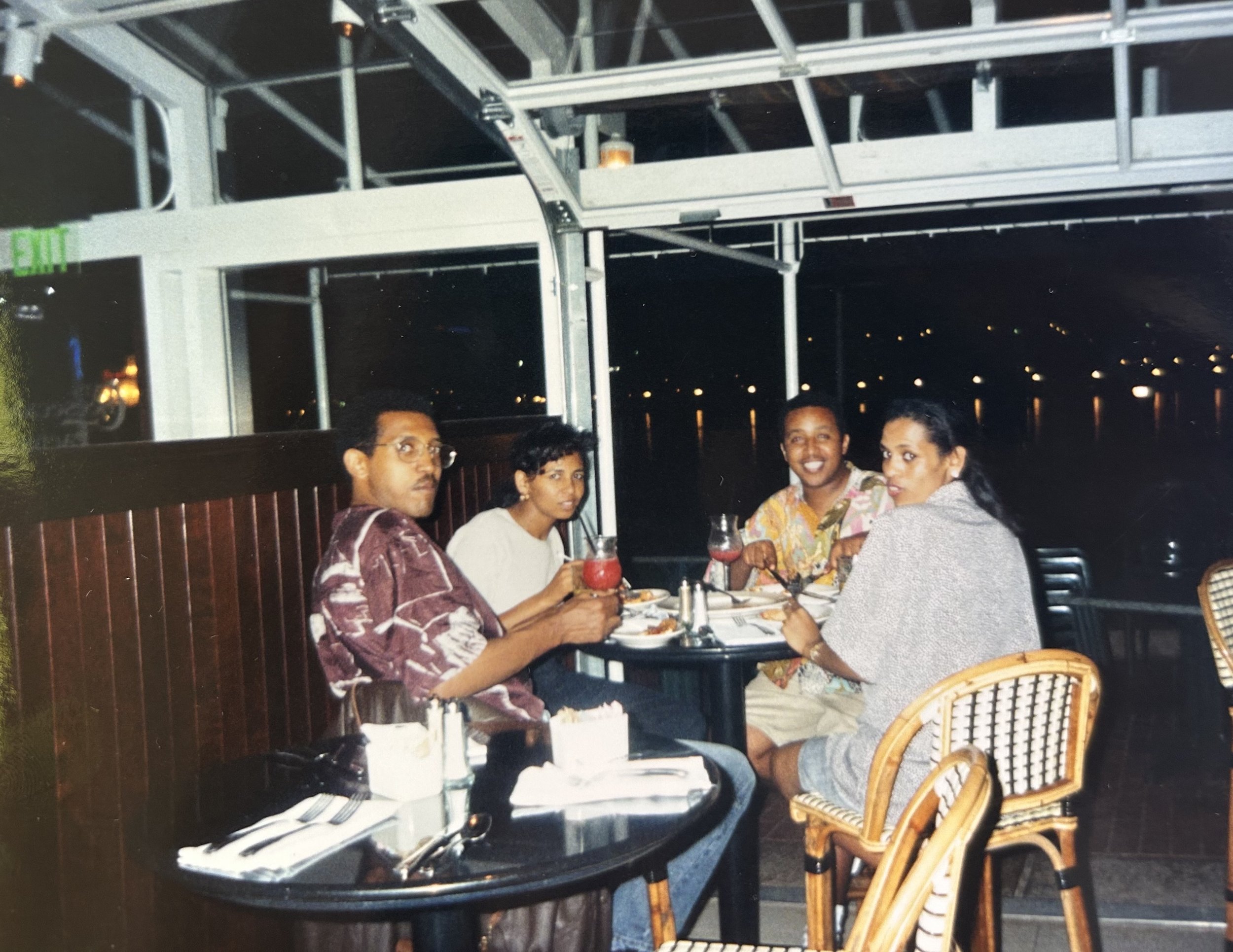Our Story Begins at Home
Project Libe derives from Baheta’s (2022) research exploring the connections between gender, racial, and economic oppression by analyzing the hyper-sexualization and objectification of Eritrean and Ethiopian women and its relations to labor exploitation and (economic) empowerment. This exploratory mixed methods research design with qualitative emphasis consisting of 20 in-depth interviews and life histories, three focus groups, and a survey was concerned with two main research questions: How does the hyper-sexualization and objectification of Eritrean and Ethiopian women exacerbate labor exploitation? And what forms of economic empowerment are needed most in order to combat their oppression?
Although this research contributed to academia, we knew the stories that were shared, the statistics that were calculated, and the images that were painted could not be limited to a thesis. This research was extremely personal, the participants were no longer numbers in a thesis given fictitious names, they were mothers, fathers, sisters, brothers, daughters, sons, and friends; they were complex beings who deserved to be shown as such. Project Libe was our opportunity, as a diaspora, to ensure our parents share their stories, receive resources, and continue supporting each other.
And Now We’re Here
The findings concerning the second research question addressed the problems discussed in the first research questions, ultimately acting as the guide for our organization. The research concludes that addressing social inequalities is crucial in reducing exploitative labor practices. It specifically highlights male collaboration, increased resources, and gossip/ increased community as the tools necessary to achieve (women’s) economic and social liberation. Through this knowledge our organization was created to address the social limitations preventing the economic development of marginalized communities by creating safe, healing spaces for people to discuss difficulties, expand their knowledge, and connect with other community members.
In practice, we provide sessions on varying topics, community building opportunities, and research on a diverse range of issues. Our goal is not to change migrant communities rather, provide them with enough resources and support that they are then able to empower themselves.




